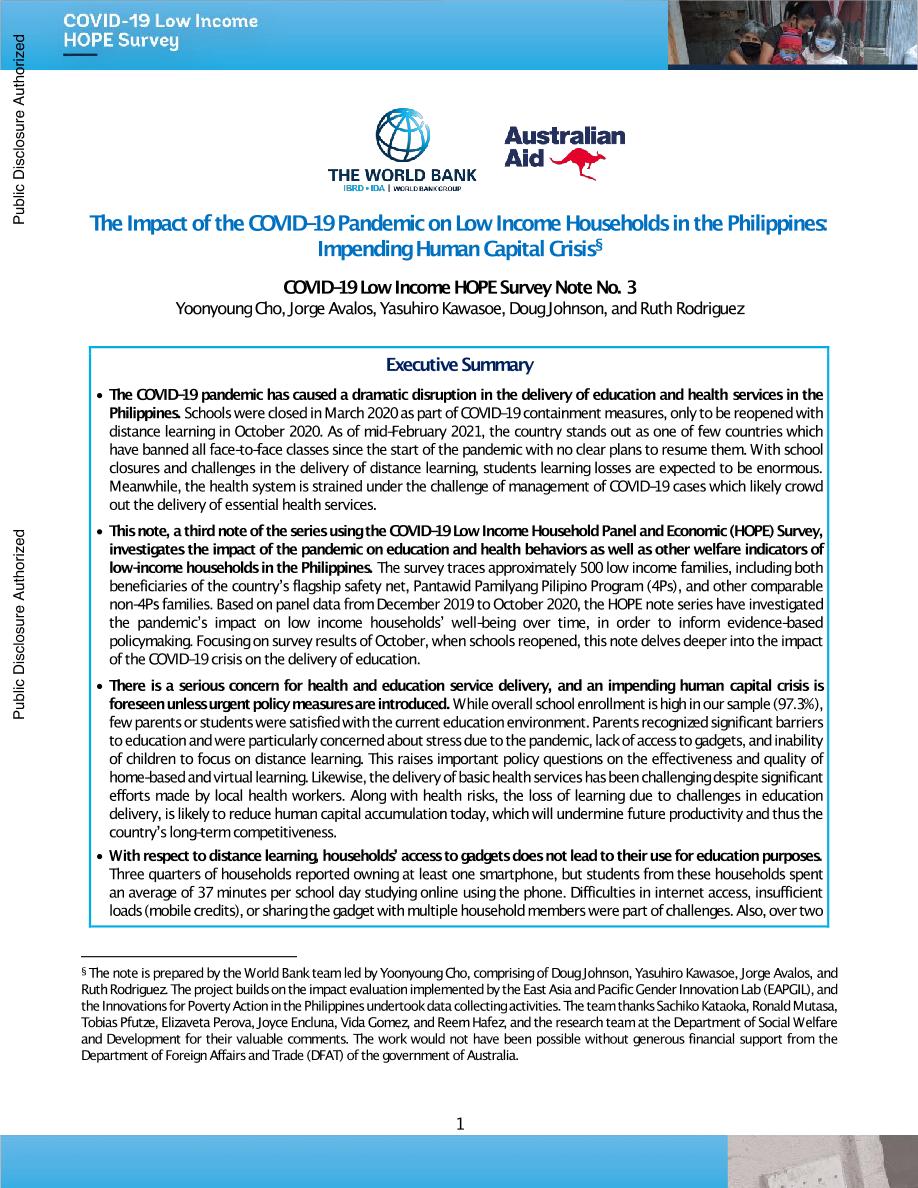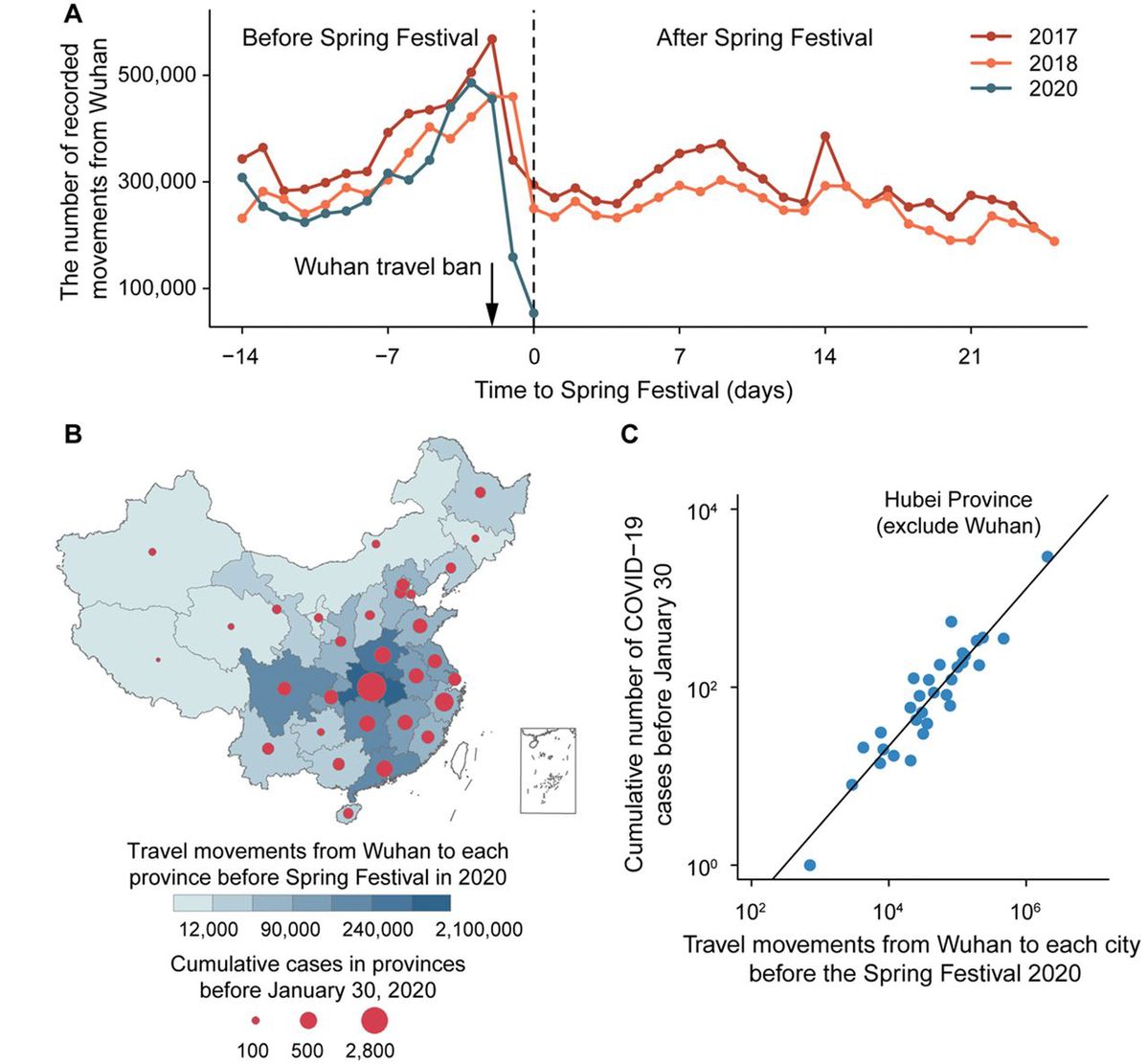The COVID-19 pandemic has had a profound impact on every aspect of life globally, and China has been no exception. As the epicenter of the initial outbreak, China's response to the virus has been a critical focal point for both domestic and international attention. This article aims to provide a comprehensive analysis of the impact of COVID-19 on China, examining the economic, social, and political dimensions of the pandemic.
The Initial Outbreak and Response
The COVID-19 pandemic first emerged in Wuhan, China, in late 2019, sparking fears of a new and highly contagious virus. The initial response by the Chinese government was swift and decisive, with the city of Wuhan placed under lockdown on January 23, 2020. This aggressive measure was criticized by some as being too harsh, but it effectively prevented the virus from spreading further.
The Chinese government's response was characterized by a multi-pronged approach that included extensive testing, contact tracing, and aggressive quarantine measures. The country's vast surveillance capabilities and strict enforcement of public health measures were crucial in controlling the virus's spread. By March 2020, China had largely brought the virus under control, with new cases declining rapidly.
The economic impact of the pandemic on China has been significant. The initial lockdown measures resulted in a sharp decline in economic activity, with factories closed, shops empty, and transportation disrupted. The country's manufacturing sector, which is a significant contributor to its GDP, was particularly hard hit.

However, the Chinese government quickly implemented stimulus measures to mitigate the economic fallout. These measures included tax relief for businesses, increased spending on healthcare and infrastructure, and targeted support for vulnerable groups such as small businesses and the unemployed. As a result, the economy began to recover in the second quarter of 2020, with GDP growth resuming at a rate of 3.2%.
The social impact of COVID-19 on China has been equally profound. The pandemic has highlighted the importance of public health systems and has led to significant changes in people's daily lives. Social distancing measures have become the norm, with many people working from home and avoiding public gatherings.
The pandemic has also had a significant impact on mental health. The uncertainty and stress of living through a global crisis have led to increased rates of anxiety and depression. The Chinese government has responded by providing psychological support services and encouraging people to seek help when needed.
The political impact of COVID-19 on China has been complex. On one hand, the government's swift and decisive response to the virus has been praised by many as an example of effective governance. However, the pandemic has also highlighted some of the country's structural challenges, such as its reliance on a single-party system and its lack of political pluralism.

The pandemic has also led to increased scrutiny of China's handling of information and its relationship with other countries. There have been accusations of censorship and a lack of transparency in reporting the virus's origins and spread. These issues have strained relations between China and some of its international partners.
The impact of COVID-19 on China has had far-reaching implications for the global community. The country is a significant player in the global economy, with its manufacturing sector supplying much of the world's goods. The pandemic has disrupted global supply chains and led to shortages of essential goods such as medical equipment and personal protective equipment (PPE).
Moreover, China's response to the virus has set a precedent for other countries. The emphasis on public health measures and the importance of cooperation between governments and private sectors have become central themes in the global response to the pandemic.
In conclusion, COVID-19 has had a profound impact on China, affecting every aspect of life from economics to politics to society. The Chinese government's response has been both praised for its effectiveness and criticized for its limitations. As the world continues to grapple with the pandemic, it is clear that China's experience will be a critical reference point for other countries seeking to navigate this unprecedented crisis.

Looking ahead, it is essential that China continues to prioritize public health measures while also addressing the economic and social challenges posed by the pandemic. The global community must also work together to ensure that lessons learned from China's response are applied globally to prevent future pandemics from causing similar disruptions.
发表评论
暂时没有评论,来抢沙发吧~